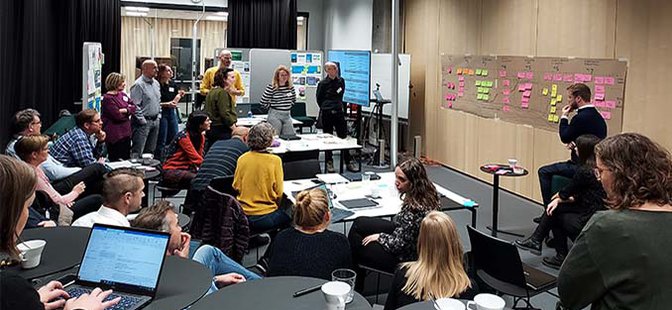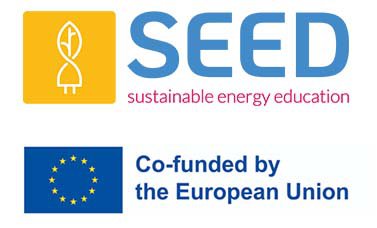
COVE SEED
SEED project develops excellent and innovative vocational education to become a fossil free energy continent
SEED (Sustainable Energy Education) is a collaboration between five European regions who will develop excellent and innovative vocational education to become a fossil free energy continent. Turku University of Applied Sciences is a partner in this project that is led by the University of Applied Sciences Utrecht.
SEED is convinced that education has a hugely important role to play in helping tackling climate change and driving the transition to a green energy continent. The project stimulates vocational institutions and their regional stakeholders to develop excellent energy education together. We do so to increase the amount of skilled professionals, to connect study programs with the labour market and to stimulate the development of new energy systems, products and technologies.
SEED results in an international learning community, with shared standards, approaches, tools, experiences and lessons learned to achieve excellence in vocational education on sustainable energy. SEED establishes five centers of vocational excellence, one in each region (The Netherlands, Finland, Spain, Germany and Greece).
SEED will prepare learners, students and existing professionals with the necessary skills and competencies for the future. SEED also empowers regional innovation based on regional needs, by reinforcing the connections within the regions. Good practices on teaching and learning, partnerships with industry and educational governance are being selected, enriched and shared to promote attractiveness of work-based education.
SEED (Sustainable Energy EDucation) is a CoVE (Centre of Vocational Excellence) program funded by the EU Erasmus+ program. CoVEs are formed by networks of vocational education institutes, industry partners and other organizations to innovate the professional practice and provide high quality vocational skills to young people and adults. CoVEs have recently been introduced by the European Commission.
Being closely linked to regional development, innovation and smart specialisation strategies, allow CoVEs to identify new synergies and enhance networking, to develop a greater response level to common –regional as well as national–sectoral priorities and to make an active contribution to the generation of new knowledge.

This project has received funding from the European Union’s EACEA.A - Erasmus+, EU Solidarity Corps. Grant agreement No 101056147
